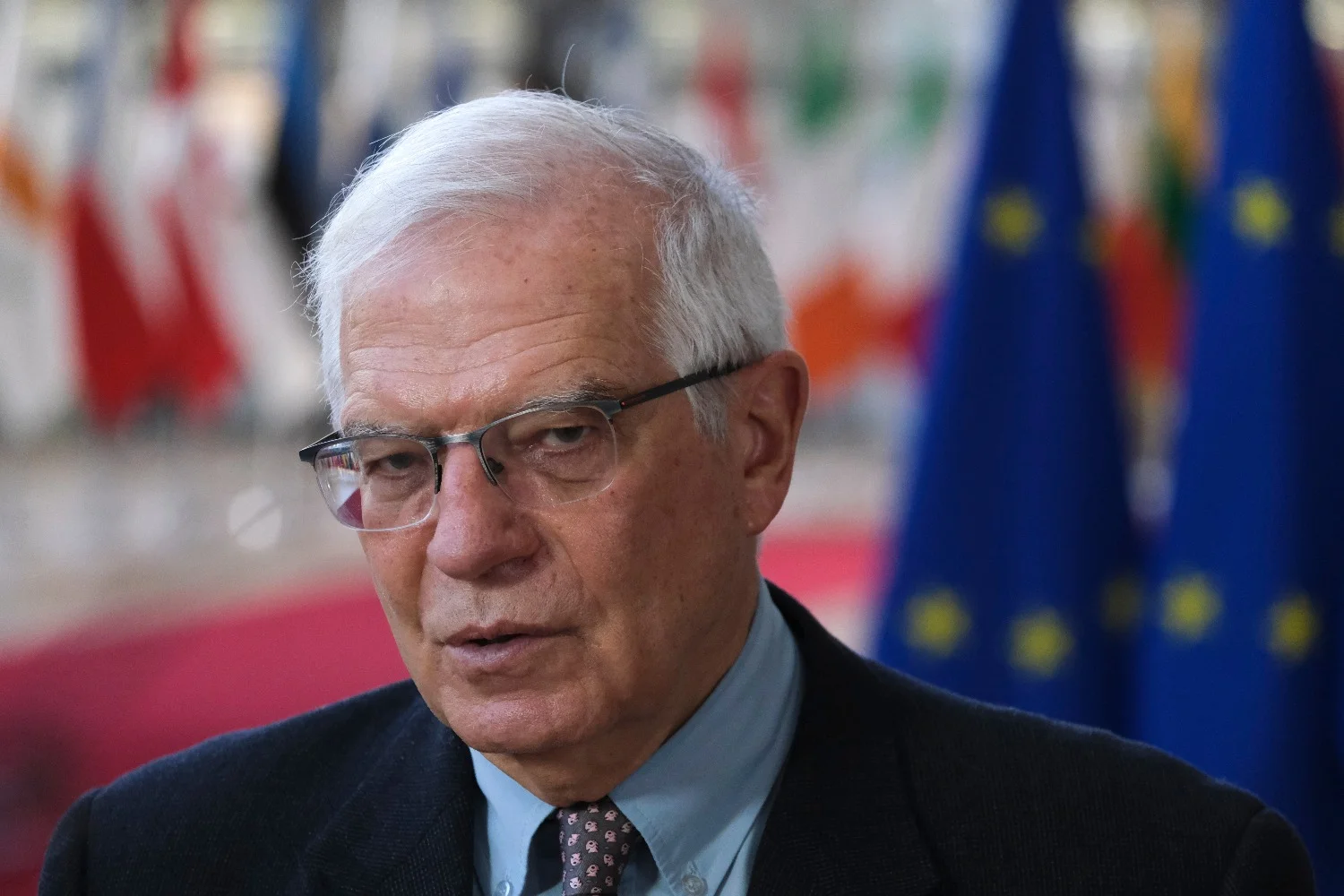In the European Union, there has been a discussion on lifting restrictions on Ukraine’s use of weapons on the territory of the Russian Federation. This issue gained attention due to Ukraine’s requests to expand the capabilities to use weapons against Russian military objects on the territory of the Russian Federation.
National Level Decision
The EU countries have concluded that the decision to lift such restrictions is exclusively a national issue for each member country. This was stated by the EU’s chief diplomat, Josep Borrell, following the EU Foreign Affairs Council. He noted that this issue will not be addressed at a pan-European level, but will remain within the competence of individual states.
Arguments of the Parties
During the discussion, some countries expressed different positions on this matter. Some EU member states emphasized that they do not send any weapons to Ukraine, especially missiles or projectiles, and therefore, this issue has no practical significance for them. Other countries believe that it is their sovereign right to make decisions according to their domestic policy.
No Common Agreements
At the EU level, there was no common political agreement on lifting restrictions on Ukraine’s use of weapons against objects in the Russian Federation. As highlighted by Josep Borrell, this issue remains under the consideration of national governments, which will independently decide how to act in this context.
Significance for Ukraine and the EU
For Ukraine, this means that the support from the EU on this matter may vary depending on the policy of each member country. This poses certain challenges for Ukraine, as restrictions on the use of Western weapons may remain in place even if certain EU states agree to lift them.
Overall, the discussion showed that EU countries continue to adhere to their own national approaches on the issue of military support to Ukraine, without creating a unified common policy at the EU level.


